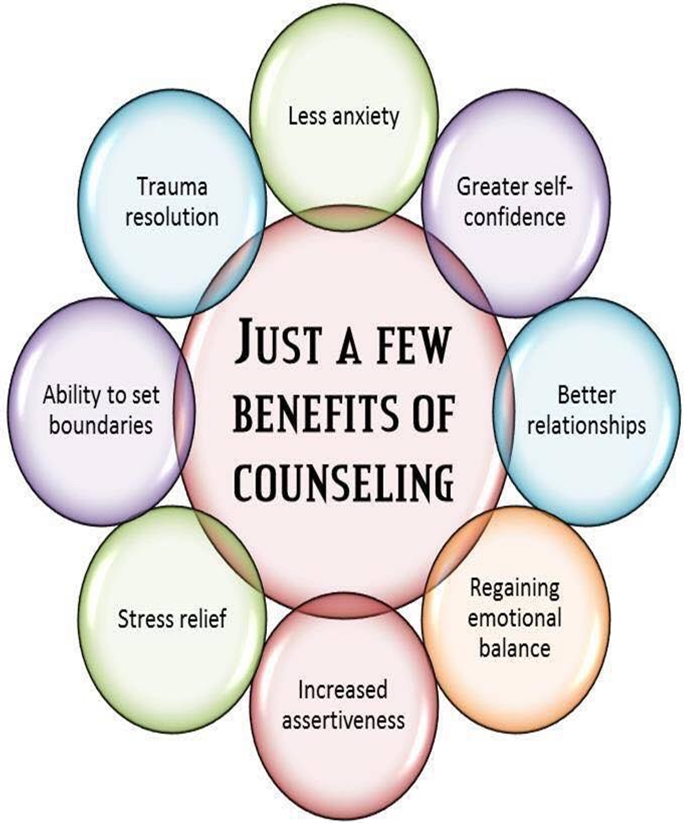Adult and Child Outpatient Services
The Adult Outpatient Services offers a full range of diagnostic and treatment services for persons aged eighteen and older, who may be experiencing a variety of problems including, but not limited to anxiety, depression, and family or work-related issues. Professional therapeutic assistance may include a psychiatric evaluation. Various therapeutic treatments include, but are not limited to, individual, marriage, and family counseling as well as Peers / DSC Services.
The Child Outpatient Services Program provides diagnostic and treatment services for children and adolescents up to age eighteen who have adjustment or emotional problems including depression, ADD, ADHD, school adjustment, parent/child conflict, eating disorders, fears, anxiety and loss of control. Evaluations include family assessment and psychiatric evaluations. Treatment includes, but is not limited to, individual, family, and play therapy.
What is psychotherapy?
Psychotherapy is a collaborative treatment based on the relationship between an individual and a therapeutic mental health professional. Psychotherapy provides a supportive environment that allows you to talk openly with someone who’s objective, neutral, and nonjudgmental. You and your therapist will work together to identify and change the thought and behavior patterns that are keeping you from feeling your best.
By the time you’re done, you will not only have solved the problem that brought you in, but you will have learned new skills so you can better cope with whatever challenges may arise in the future.
When should you consider psychotherapy?
Some people seek psychotherapy because they have felt depressed, anxious, or angry for a long time. Others may want help for a chronic illness that is interfering with their emotional or physical well-being. Still others may have short-term problems they need help navigating. They may be going through a divorce, facing an empty nest, feeling overwhelmed by a new job, or grieving a family member’s death.
Because of the many misconceptions about psychotherapy, you may be reluctant to try it out. Even if you know the realities instead of the myths, you may feel nervous about trying it yourself. Overcoming that nervousness is worth it, because any time your quality of life isn’t what you want it to be, psychotherapy can help.
Individual Therapy and Group Therapy
Counseling sessions with you and your assigned therapist may be suggested at the time of your initial evaluation or at any time it is indicated while receiving other Center services.
In psychotherapy, scientifically validated procedures help people develop healthier, more effective habits. There are several approaches to psychotherapy, including cognitive-behavioral, interpersonal, and other kinds of talk therapy, that help individuals work through their problems. Through psychotherapy, people of all ages live happier, healthier, and more productive lives.
Signs that you could benefit from therapy include:
- You feel an overwhelming, prolonged sense of helplessness and sadness
- Your problems don’t seem to get better despite your efforts and help from family and friends
- You find it difficult to concentrate on work assignments or to carry out other everyday activities
- You worry excessively, expect the worst, or are constantly on edge
- Your actions, such as drinking too much alcohol, using drugs, or being aggressive, are harming you or others




